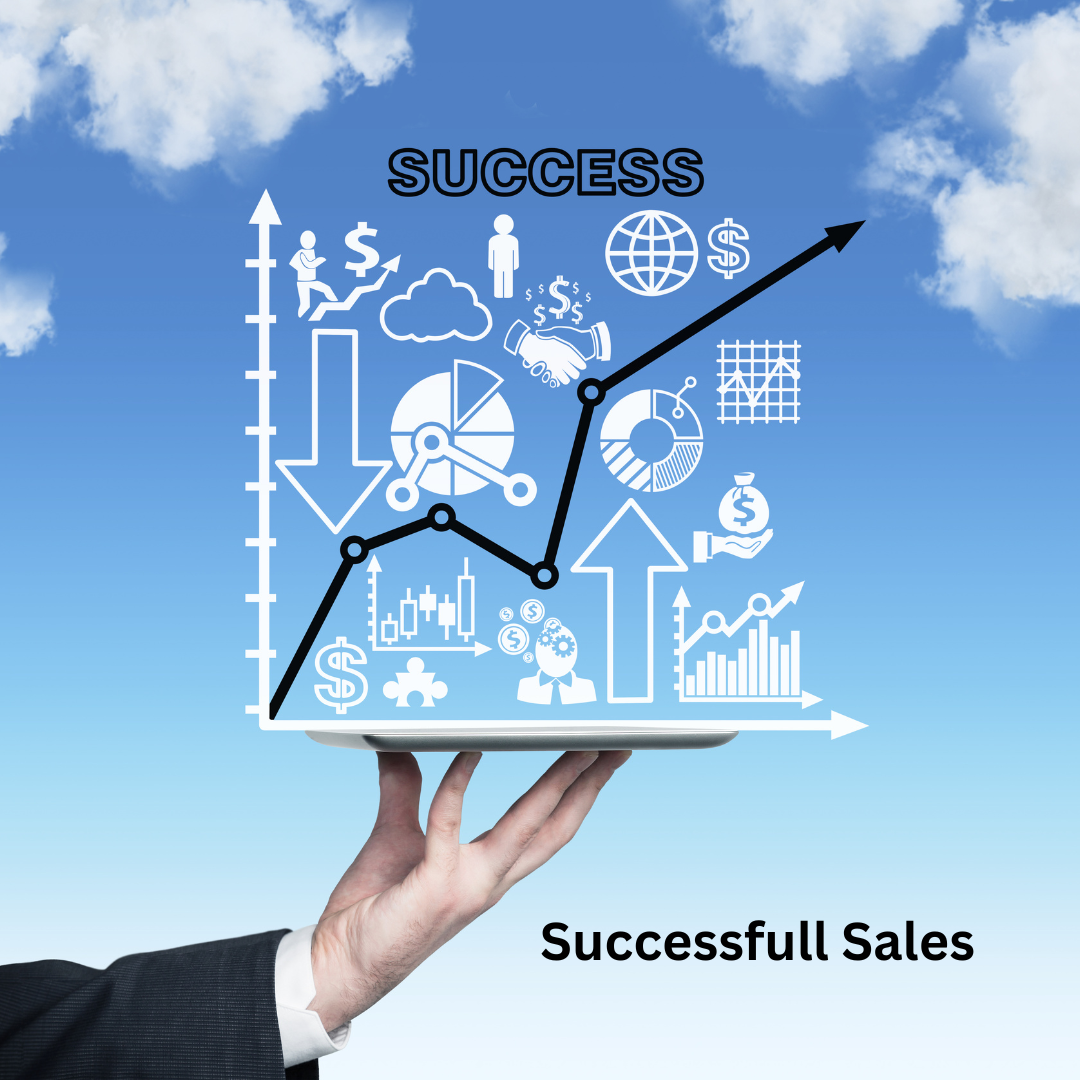Sales Force Effectiveness (SFE) has become one of the most crucial elements for companies aiming to maximize revenue, build stronger customer relationships, and achieve sustainable growth. A highly effective sales force does not just sell products—it creates value, aligns with the company’s strategy, and ensures long-term success. In this article, we will explore the meaning of sales force effectiveness, its importance, strategies to improve it, key metrics, and best practices for implementation.
- What is Sales Force Effectiveness?
Sales Force Effectiveness (SFE) refers to the ability of a company’s sales team to consistently deliver desired results by achieving sales targets, improving customer engagement, and maximizing profitability. It involves measuring how well the sales force is performing, identifying gaps, and implementing strategies to optimize sales processes.
In other words, SFE is about turning sales efforts into measurable business outcomes.
- Why is Sales Force Effectiveness Important?
A well-structured sales force effectiveness strategy provides numerous benefits:
Increased Revenue Growth: A more productive sales team directly contributes to higher sales and profitability.
Better Customer Retention: Effective salespeople build stronger, long-term relationships with customers.
Efficient Resource Utilization: Companies can optimize time, budgets, and sales tools.
Improved Team Morale: Sales teams with clear goals and support are more motivated and committed.
Competitive Advantage: Companies with effective sales teams outperform their competitors.
- Key Components of Sales Force Effectiveness
To achieve sales force effectiveness, companies must focus on several core components:
a) Sales Strategy Alignment
Ensuring the sales team’s goals align with the overall business objectives.
Defining clear customer segments and value propositions.
b) Talent Acquisition and Development
Recruiting the right people with strong selling skills.
Providing ongoing training, coaching, and mentorship.
c) Performance Management
Setting measurable KPIs such as sales volume, conversion rates, and customer acquisition.
Regular performance reviews and feedback sessions.
d) Tools and Technology
Using CRM systems, sales analytics, and AI-driven tools.
Equipping sales teams with digital platforms for communication and reporting.
e) Incentives and Motivation
Designing fair and motivating compensation plans.
Recognizing achievements and rewarding top performers.
- Strategies to Improve Sales Force Effectiveness
Businesses can implement the following strategies to maximize their sales force’s effectiveness:
a) Continuous Sales Training
Regular training in negotiation, closing techniques, and communication skills.
Role-playing exercises to simulate real customer interactions.
b) Data-Driven Decision Making
Leveraging analytics to understand customer behavior and market trends.
Tracking performance metrics to identify strengths and weaknesses.
c) Customer-Centric Approach
Shifting focus from just selling products to solving customer problems.
Building trust and long-term partnerships with clients.
d) Territory and Account Management
Assigning territories strategically to avoid overlaps.
Prioritizing high-value accounts for maximum return.
e) Digital Transformation
Adopting AI-powered CRM tools to automate repetitive tasks.
Using digital channels (social selling, webinars, email campaigns) to reach prospects.
- Metrics to Measure Sales Force Effectiveness
To determine how effective your sales team is, you must track the right metrics. Key performance indicators (KPIs) include:
Sales Revenue Growth: Comparing actual sales versus targets.
Conversion Rate: Percentage of leads converted into paying customers.
Customer Retention Rate: Ability to maintain long-term clients.
Sales Cycle Length: Average time taken to close a deal.
Quota Attainment: Percentage of sales representatives achieving or exceeding targets.
Customer Satisfaction Scores (CSAT or NPS): Measuring the quality of customer interactions.
- Best Practices for Sales Force Effectiveness
Successful companies implement the following best practices:
a) Invest in Sales Coaching
Sales coaching has a direct impact on performance. According to research, companies that provide regular coaching see 20% higher win rates compared to those that don’t.
b) Use Technology to Empower Teams
CRM software, mobile apps, and AI tools help salespeople stay organized and focus on high-value activities.
c) Personalize the Sales Process
Customers expect personalized experiences. Salespeople should tailor their approach based on customer needs, preferences, and pain points.
d) Monitor and Adjust Strategies
The sales landscape is constantly evolving. Regularly evaluate performance, adjust strategies, and adopt new technologies to stay competitive.
e) Foster Collaboration Between Sales and Marketing
When sales and marketing teams work together, lead quality improves, and closing rates increase significantly.
- Challenges in Achieving Sales Force Effectiveness
Despite its benefits, companies face several challenges when implementing SFE strategies:
Resistance to Change: Sales teams may resist adopting new processes or technologies.
Lack of Proper Training: Without continuous development, sales skills quickly become outdated.
Poor Data Management: Inaccurate data can lead to poor decision-making.
Misaligned Incentives: Unclear or unfair compensation plans reduce motivation.
Overdependence on Technology: Tools help, but sales success still relies on human skills and relationships.
- Future of Sales Force Effectiveness
The future of sales force effectiveness will be shaped by digital innovation and customer expectations:
AI and Automation: Repetitive tasks like data entry, scheduling, and follow-ups will be automated.
Virtual Selling: Remote and hybrid sales models will continue to grow.
Advanced Analytics: Predictive analytics will guide sales strategies.
Greater Personalization: Hyper-personalized customer experiences will drive loyalty.
Focus on Soft Skills: Emotional intelligence and consultative selling will become as important as technical product knowledge.
- Conclusion
Sales Force Effectiveness is not just about increasing sales numbers—it’s about building a structured, customer-focused, and data-driven sales process that creates long-term business success. By aligning strategies, investing in training, leveraging technology, and measuring performance with the right metrics, companies can unlock the full potential of their sales teams.
In today’s competitive market, businesses that prioritize sales force effectiveness gain a significant edge, ensuring sustainable growth and stronger customer relationships.





No comment